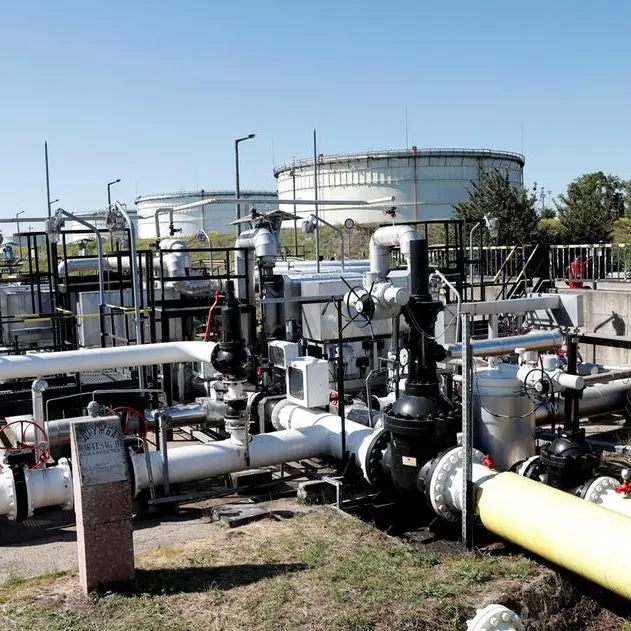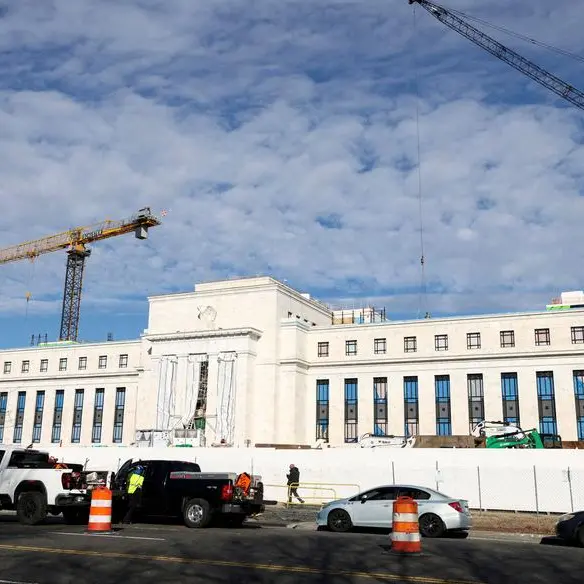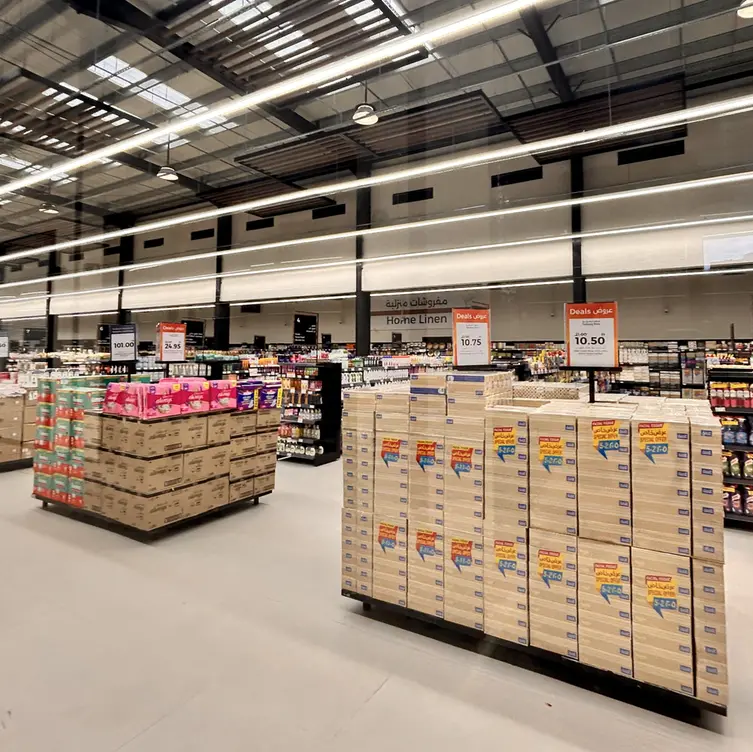By Claire Milhench
LONDON, May 17 (Reuters) - Investors have slashed holdings of UK equities to the lowest level since November 2008 on fear Britons will vote next month to leave the European Union, a monthly survey by Bank of America Merrill Lynch (BAML) showed on Tuesday.
The survey was conducted between May 6 and 12, just before sterling fell to a three-week low against the dollar as fears mounted that the June 23 referendum would result in a vote for Brexit.
The BAML survey, which covers some 205 participants with $619 billion under management, found that 27 percent of respondents saw Brexit as the biggest tail risk to their portfolios. That was well ahead of a China devaluation or default, chosen by 21 percent.
Allocations to UK stocks plunged to a net 36 percent underweight last month from a net 20 percent underweight, the lowest reading since November 2008.
Polls of voters' intentions from the survey period showed that the referendum was still on a knife-edge and surveys continue to give a contradictory picture.
Whilst an overwhelming 71 percent of investors in the BAML poll still thought Brexit was "unlikely" or "not likely at all", the bank said the big reduction in the UK equity allocation suggested they had "prepared for the worst".
In addition, a net 20 percent of investors thought sterling was now undervalued.
Brexit was identified by the Bank of England last week as the most significant risk to its growth and inflation forecasts. It has also warned that sterling could fall sharply and that a technical recession is possible if Britons vote to leave.
The BAML survey also revealed a shift into emerging markets, which turned positive for the first time in 17 months with a net 2 percent overweight the sector. Whilst modest, this is the highest reading since September 2014, BAML said.
The relative positioning of emerging markets versus developed markets has also recovered to a three-year high.
"In other words, investors have finally closed their underweight in EM equities," BAML said.
But with investors still jittery over geopolitics and the world economy, cash levels rose to 5.5 percent from last month's 5.4 percent.
BAML said the risk aversion was best explained by the anaemic growth picture, negative profit expectations and the fact that 49 percent of survey respondents still expect two rate hikes from the U.S. Federal Reserve this year.
Chinese growth expectations have also fallen sharply, with a net 50 percent now expecting a weaker economy, compared with a net 22 percent last month.
(Reporting by Claire Milhench; Editing by Catherine Evans) ((claire.milhench@thomsonreuters.com; +44)(0)(207 542 3571; Reuters Messaging: claire.milhench.thomsonreuters.com@reuters.net))
LONDON, May 17 (Reuters) - Investors have slashed holdings of UK equities to the lowest level since November 2008 on fear Britons will vote next month to leave the European Union, a monthly survey by Bank of America Merrill Lynch (BAML) showed on Tuesday.
The survey was conducted between May 6 and 12, just before sterling fell to a three-week low against the dollar as fears mounted that the June 23 referendum would result in a vote for Brexit.
The BAML survey, which covers some 205 participants with $619 billion under management, found that 27 percent of respondents saw Brexit as the biggest tail risk to their portfolios. That was well ahead of a China devaluation or default, chosen by 21 percent.
Allocations to UK stocks plunged to a net 36 percent underweight last month from a net 20 percent underweight, the lowest reading since November 2008.
Polls of voters' intentions from the survey period showed that the referendum was still on a knife-edge and surveys continue to give a contradictory picture.
Whilst an overwhelming 71 percent of investors in the BAML poll still thought Brexit was "unlikely" or "not likely at all", the bank said the big reduction in the UK equity allocation suggested they had "prepared for the worst".
In addition, a net 20 percent of investors thought sterling was now undervalued.
Brexit was identified by the Bank of England last week as the most significant risk to its growth and inflation forecasts. It has also warned that sterling could fall sharply and that a technical recession is possible if Britons vote to leave.
The BAML survey also revealed a shift into emerging markets, which turned positive for the first time in 17 months with a net 2 percent overweight the sector. Whilst modest, this is the highest reading since September 2014, BAML said.
The relative positioning of emerging markets versus developed markets has also recovered to a three-year high.
"In other words, investors have finally closed their underweight in EM equities," BAML said.
But with investors still jittery over geopolitics and the world economy, cash levels rose to 5.5 percent from last month's 5.4 percent.
BAML said the risk aversion was best explained by the anaemic growth picture, negative profit expectations and the fact that 49 percent of survey respondents still expect two rate hikes from the U.S. Federal Reserve this year.
Chinese growth expectations have also fallen sharply, with a net 50 percent now expecting a weaker economy, compared with a net 22 percent last month.
(Reporting by Claire Milhench; Editing by Catherine Evans) ((claire.milhench@thomsonreuters.com; +44)(0)(207 542 3571; Reuters Messaging: claire.milhench.thomsonreuters.com@reuters.net))




















